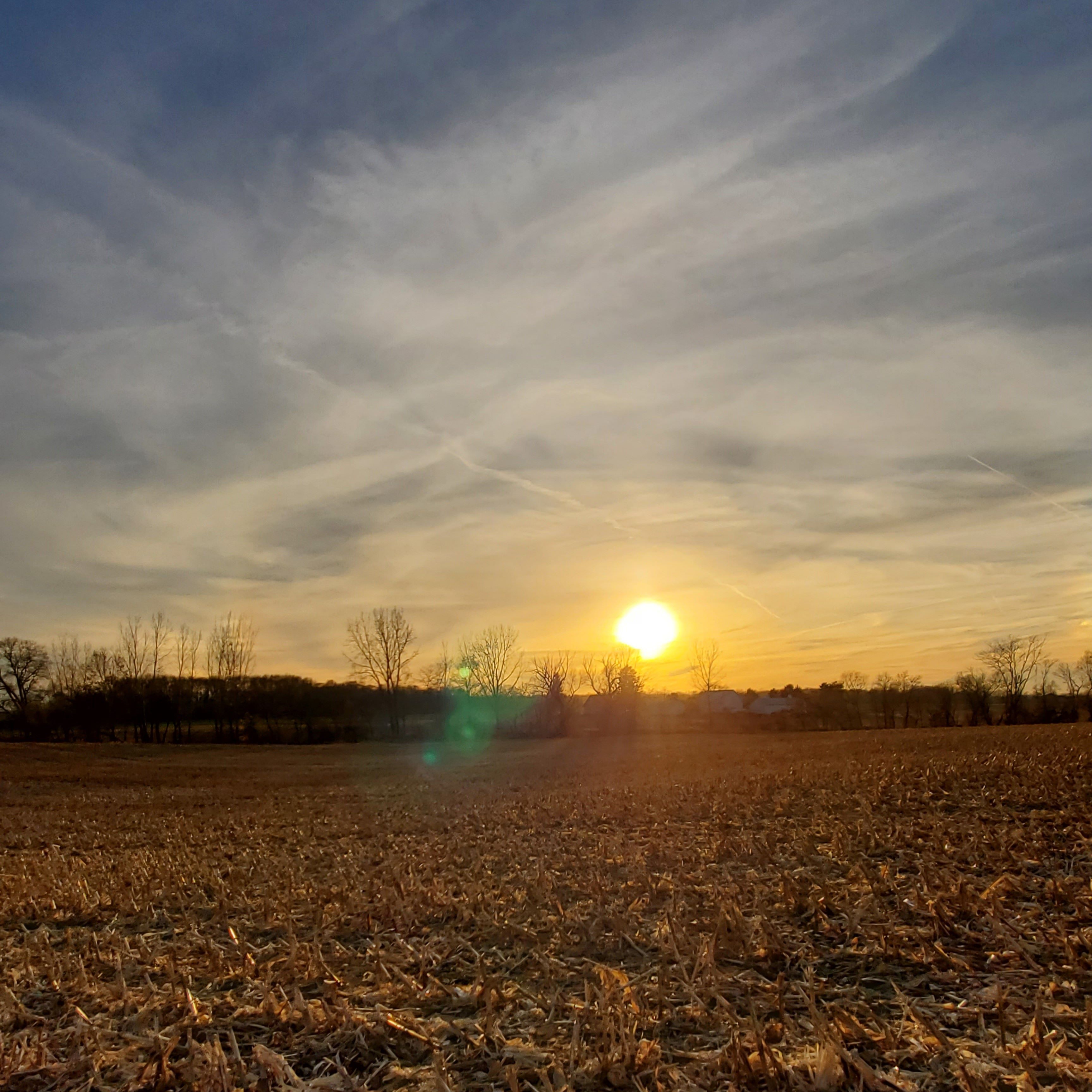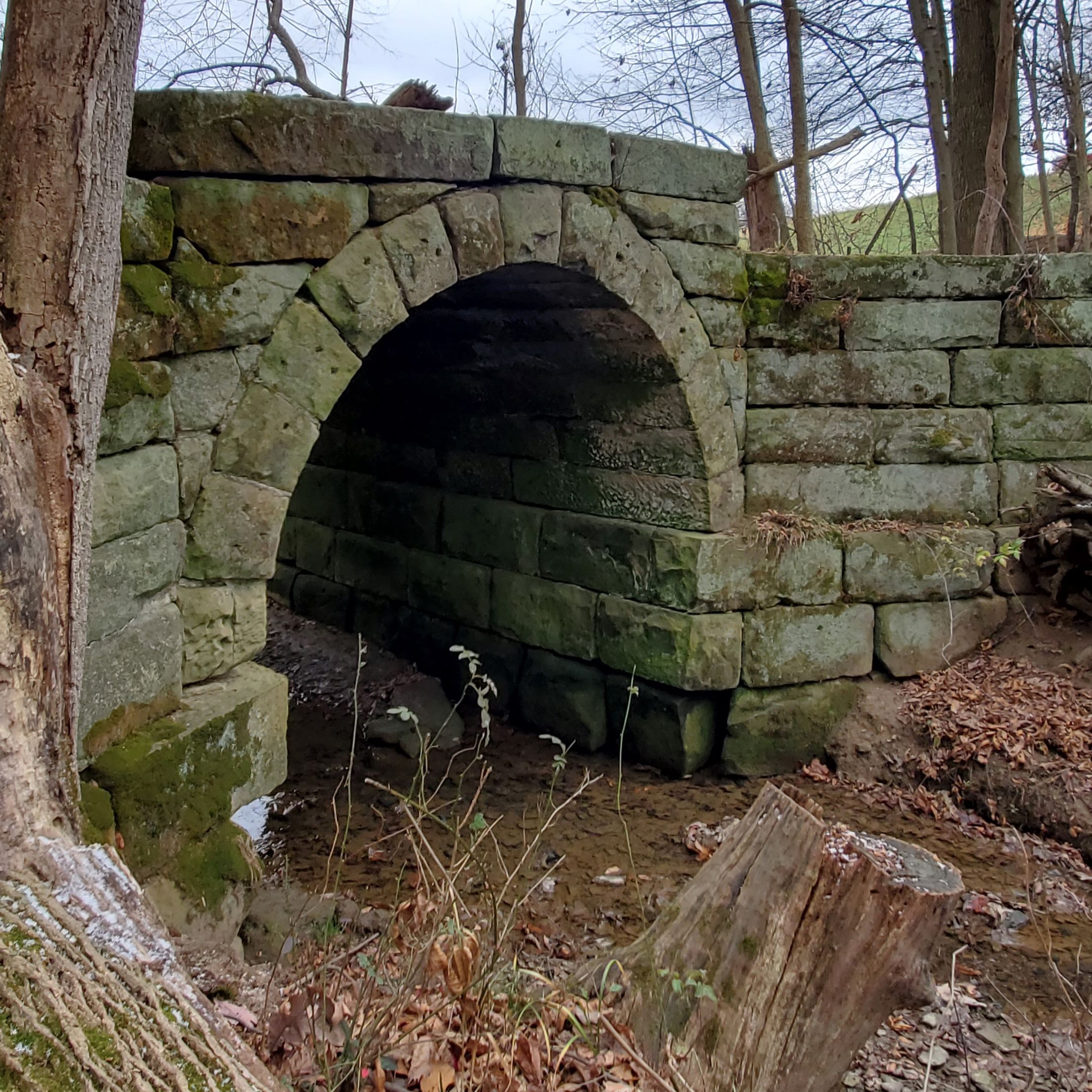 Our mission
Our mission
The Owl Creek Conservancy is a private nonprofit organization of a Board of Trustees, led by an Executive Director, dedicated to conserving natural and agricultural lands in the Knox County Area through widespread private action. We work with landowners for the public good to maintain and to improve the quality of life now and in the future by conserving farmlands, stream corridors, aquifer- and watershed-protection areas, wildlife habitats, woodlands, scenic vistas, and ecologically sensitive areas of environmental, historic, and community importance.
Who we are
Knox County is endowed with an abundance of beautiful countryside and open space. Both natural areas and working farms contribute to the county's appealing landscape, which the entire community values and enjoys. Unfortunately, encroaching development is altering the historic rural landscape of Knox County.
The Owl Creek Conservancy, a private land trust, is working to conserve woodlands, farmland, scenic open land, waterways, wildlife habitat, and other lands of natural and historic importance in and around Knox County. We recognize that our natural and agricultural heritage enriches the lives of all citizens and that the land-use choices we make today will determine the future character of our community and region.
Owl Creek was the name early settlers gave to the Kokosing River. Most of Knox County lies within the watershed of this clean and scenic river. In choosing this historic name, we acknowledge that our rural land is a precious inheritance from the past that should be managed wisely for future generations.
 What we do and why we do it
What we do and why we do it
The Conservancy works for the public good to maintain and to improve the quality of life now and in the future for all inhabitants of Knox County.
Most of the natural and working landscape of the county is privately owned land. Thus, maintaining the rural character of the community hinges on the decisions of individuals. Many land-use decisions are made in the marketplace, and these decisions often transform the landscape to more intensive uses. But other voluntary decisions by landowners can help conserve our community's natural and agricultural assets.
The Conservancy works in partnership with landowners to permanently conserve important lands from development. The main tool the Conservancy uses to accomplish this goal is a permanent land-protecting agreement called a conservation easement. The Conservancy may also accept gifts of land. Both of these options for conserving land not only benefit our community, but may bring significant tax benefits to donors as well. In addition to taking direct action to conserve land, the Conservancy works to educate the public about the advantages of land conservation, the diverse land assets of Knox County, and the benefits of wise land-use planning.
Conservation Comparison
Here’s a comparison of how conserving Farmlands, Woodlands and other open spaces varies by
Private Interests, Private Land Trusts and Public Entities
| ! |
Private Interests All rights are held by the property or land owner |
Private Land Trusts The rights to use the land as defined in a land-protecting agreement held by a non-profit trust |
Public Entities Examples include local, state or federal preserves or parks |
| What is the property/ land owner participation? |
Voluntary The property or land owner has the sole discretion on how the land is used |
Voluntary The property owner helps protects the land from development through a conservation esasement non-profit trust agreement |
Not Applicable Private land may become public through donation or voluntary/involuntary purchase |
| Is agricultural or open space preserved? |
Uncertain Since the land is held privately the change in land usage is continually possible |
Yes Entering a land-protection agreeement will guarantee the perment protection of the land from future development |
Yes, but with exception Theres always the possibility of development as permitted by law |
| Is development possible? |
Yes As allowed by local zoning and state/federal regulations |
No Unless minimal changes have been agreed apon and allowed by the land-protecting agreement |
No Unless permitted by law and determined by park commissioners |
| Will there be public access to the land? |
No Not without permission from property/ land owner |
No Unless it is allowed by the land-protecting agreement |
Yes Most likely, depending on the usage of the land, ie: parks and preserves that are accessible to the general public |
| Are real estate taxes still paid by land owner? |
Yes Taxes are still the responsibility of the land owner |
Yes There is a possible reduction, if not already enrolled in a CAUV program (Current Agricultural Use Value), a special rate for farmland reflecting its agricultural value vs. development value |
No It could be a possibly, if income has been generated, ie: entrance or day use fees for parks, etc. |
| Are there tax benefits to the land owner? |
No There are no additional tax breaks for the private land owner |
Yes Donation of land-protecting agreements or land may be deductible according to IRS rules |
Yes Donation of land-protecting agreements or land may be deductible according to IRS rules |
| Are there benefits to the public? |
No Since the land is held privately the public would not have access without the land owners permission |
Yes Everyone enjoys the scenic views of the permanent conservation of farmland and green infrastructures by stopping development on a land trust easement |
Yes Parks and preserves provide multiple benefits for the public by promoting public health through physical activity and social interaction. |
| Is there an expense to public? |
Yes There is the possibility of infrastructure development. The public foots the bill for developing, building and constructing the area |
None Other than possible foregone taxes, the amount of revenue that a municipality would have received from a Qualified Development Project had a tax stabilization agreement not been in place |
Yes Possible foregone taxes, required infrastructure maintance and any annual costs of maintenance/personnel |
